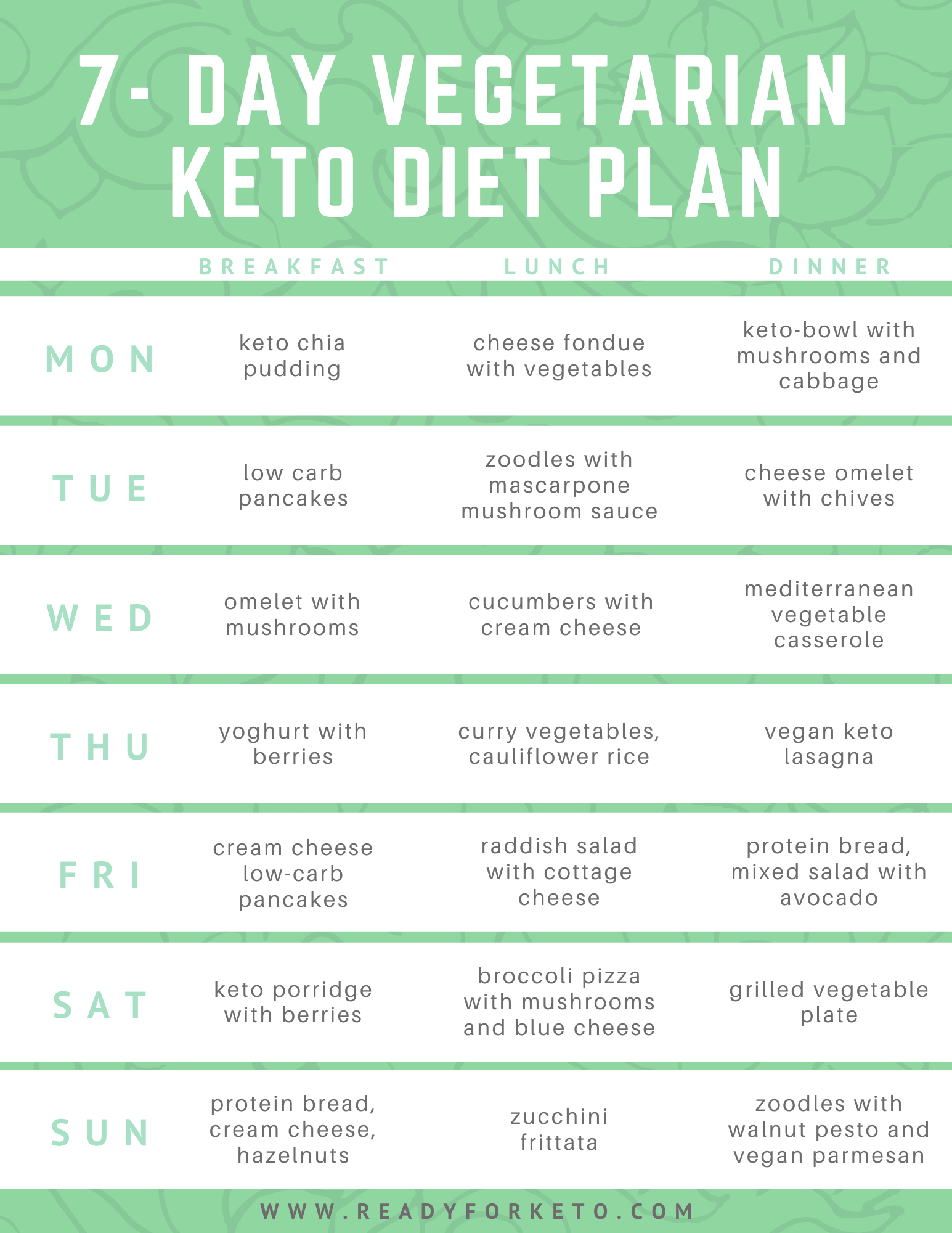In today's rapid world, it is common to become engulfed in the newest diet fads, all promising rapid results and a transformation in no time. However, numerous of these fashionable diets lack the enduring foundation needed for lasting change. Instead of jumping from one diet plan to another, it's essential to comprehend the different types of diets available and how they can fit into your way of life. This guide will assist you explore the array of widely accepted diet options and figure out which approach aligns most with your objectives and values.

From the Mediterranean diet, celebrated by health professionals for its cardiovascular advantages, to the increasingly popular plant-focused and vegan diets, understanding the pros and cons of all dietary approach will empower you to make informed choices. Whether you are looking to lose weight, gain muscle, or simply feel better overall, there is a diet that can accommodate your needs. Moreover, we will explore sustainable options that not only benefit your health but also contribute favorably to the planet. Come with us as we dive into the realm of diets, assisting you ditch the fad and embrace a sensible path towards health and well-being.
Famous Eating Types Summary
In today's health-conscious society, numerous diets have appeared, each offering unique advantages and outcomes. From the Ketogenic diet and the Paleolithic diet to the Mediterranean dietary pattern, these choices often attract interest for their various claims regarding weight loss, health benefits, and lifestyle enhancements. Understanding the core principles of each diet type can help you determine which matches most with your objectives and principles.
The Keto diet focuses on high fat and low carbohydrate intake, encouraging fat-burning for weight loss. Conversely, the Paleo diet advocates a return to whole foods akin to those consumed by our forebears, emphasizing lean meats, fruits, and vegetables while eliminating processed foods. The Mediterranean diet, renowned for its heart-healthy benefits, focuses on olive oil, whole grains, fish, and fresh produce, establishing it as a staple among health professionals.
In addition to common diets for fat reduction, there are lifestyle-oriented diets such as vegetarianism, veganism, and the flexitarian approach, which combines plant-based eating with occasional meat intake. These diets often mirror ethical principles regarding animal welfare and environmental protection, attracting to those seeking to contribute positively to the planet while still savoring varied food choices.
Advantages and Disadvantages of Diets
In assessing different dietary approaches, it's essential to weigh their benefits against their drawbacks. Widespread diets like the Keto or Paleo approach may aid in quick fat loss while promoting healthier dietary options. These diets often eliminate processed foods, encouraging the consumption of whole, nutrient-dense foods. Additionally, many of these plans provide specific rules which can help individuals remain committed and responsible in their dietary choices.
Nonetheless, many trendy diets bring potential pitfalls. Rigid diets can cause nutritional deficiencies or imbalanced eating patterns if not thought out. For example, even if the Keto approach is beneficial for certain individuals, its elevated fat intake can be difficult for those with certain health conditions. Moreover, diets like Whole30 may result in temporary results, but individuals might face difficulties with sustaining it over time due to their restrictive nature, leading to a cycle of yo-yo dieting.
Sustainable diets, such as the Mediterranean diet or plant-based approaches, promote long-term health benefits without the rigid confines of fad diets. These diets highlight balanced eating, integrating a variety of food groups while promoting mindful consumption. Even though transitioning to a more sustainable diet may call for changes and learning about food options, the overall emphasis on health and environmental impact makes it a better choice for lasting health improvements.
Eco-friendly and Health-Conscious Eating Habits
Sustainable diets focus on not only individual health but also the health of the planet. They emphasize complete, minimally refined foods, favoring vegetable-based options over meat products. The Mediterranean diet, frequently praised by healthcare professionals, exemplifies this approach by encouraging fruits, vegetables, whole grains, and healthy fats while reducing red meat and processed sugars. Many select this diet not only for its health benefits but also for its ecological impact, making it a popular choice among those seeking long-term solutions.
The adaptability of the flexitarian diet enables individuals to enjoy the benefits of vegetarianism without completely removing meat. This diet supports a predominantly plant-based lifestyle while permitting occasional meat consumption, making it easier for many to adopt. It supports sustainable eating by reducing the overall demand for animal products and promotes diverse food choices, which can lead to more balanced nutrition. This adaptability makes it an attractive option for those who want to prioritize health without strict dietary limits.
Selecting a sustainable diet means reflecting on how it fits into your lifestyle and values. Whether exploring raw foods, macrobiotic eating plans, or anti-inflammatory diets, the key is to discover an approach that resonates personally. By aligning dietary choices with personal health goals and ethical considerations, you can cultivate a lasting dedication to a more nutritious lifestyle while benefiting both yourself and the planet.
